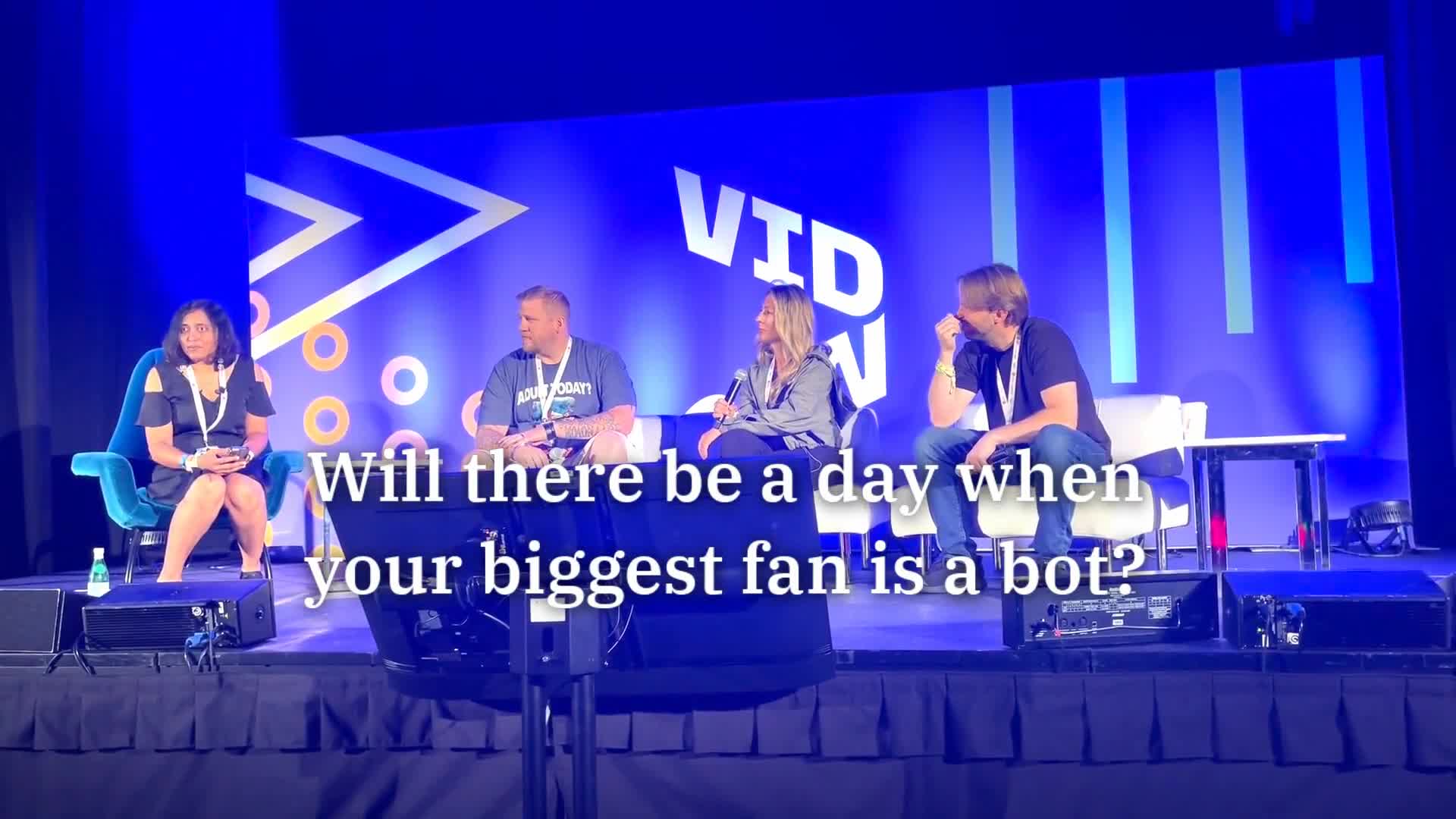Chatbot Technology
Chatbot technology represents a transformative shift in how businesses and consumers interact, utilizing advanced artificial intelligence (AI) to facilitate more meaningful and efficient communication. These AI-driven conversational agents leverage sophisticated natural language processing (NLP) techniques to comprehend and engage in conversations that mirror human interaction. With the advent of conversational AI, chatbots have evolved beyond basic programmed responses to become dynamic tools capable of conducting multi-turn dialogues, analyzing sentiment, and offering hyper-personalized experiences across a myriad of industries. The increasing adoption of chatbots in customer service exemplifies their growing importance in optimizing operational efficiency and enhancing user satisfaction. Businesses are leveraging AI customer service solutions to automate tasks such as sales qualification, billing, and onboarding, thereby freeing up human agents to focus on more complex issues. Recent advancements in chatbot technology include real-time analytics, multilingual capabilities, and integration with customer relationship management (CRM) systems, all contributing to improved customer engagement and streamlined business processes. However, challenges such as ensuring data privacy and ethical considerations remain prevalent as this technology continues to evolve, highlighting the need for robust frameworks to guide its development. As organizations increasingly integrate generative AI into their chatbot systems, the potential for delivering exceptional user interactions and driving strategic business outcomes will undoubtedly expand.
Will there be a day when your biggest fan is a bot?
This clip reveals divided perspectives on whether AI bots will become our biggest fans. One panelist confidently answers '100%', believing that as AI becomes sentient, it will inevitably create both devoted fans and enemies. This creator worries that bots may already be our biggest fans, noting suspiciously consistent engagement with their content that seems too dedicated to be human. Conversely, another creator responds with 'no', expressing discomfort with this potential future and hoping to prevent it. The discussion highlights concerns about authenticity in fan relationships and the blurring line between human and AI engagement in the digital space, suggesting we may soon struggle to distinguish between real fans and intelligent bots.
Watch clip answer (00:05m)How does Meta AI integrate across different platforms and devices?
Meta AI seamlessly integrates across multiple platforms including mobile phones, desktop web browsers, and Ray-Ban Smart Glasses. Users can start a voice conversation with the AI assistant while wearing their smart glasses, then continue the same conversation later on their phone or desktop. The transition between devices is seamless, with conversation history syncing across all platforms. The system also features a Discover Feed where users can share prompts and see how others use AI creatively. This cross-device integration ensures Meta AI is accessible wherever users are, with settings and media transferring automatically between platforms.
Watch clip answer (01:11m)How are AI chatbots amplifying social engineering scams?
AI chatbots are revolutionizing social engineering scams by functioning as automated con artists that can engage multiple victims simultaneously. They maintain seemingly genuine conversations over extended periods, impersonating romantic partners, investment advisors, and tech support personnel with unprecedented efficiency. These AI systems excel at emotional manipulation through perfectly tailored responses, remembering personal details, writing love poems, and responding instantly with affection. As one cybersecurity expert explains, they make conversations sound remarkably authentic in ways impossible just years ago. The technology enables scammers to bypass human limitations, with bots handling the emotional labor while criminals focus on extracting money or personal information from victims.
Watch clip answer (07:00m)What is the history of Elon Musk's relationship with OpenAI and their current competition?
Elon Musk was one of the original founders of OpenAI alongside Sam Altman. However, in 2018, Musk left the company and has since developed competing AI products to rival OpenAI's offerings. This departure created an intense competitive dynamic between Musk and his former company. According to Maria Curie, these two entities are now "locked in a very intense competition for the future of AI." This rivalry represents one of the most significant business competitions in the developing artificial intelligence landscape.
Watch clip answer (00:22m)How does Grok3 compare with other AI models like ChatGPT and Deep Seek?
According to Elon Musk, Grok3 is claimed to be superior to competitors like ChatGPT and Deep Seek (the Chinese chatbot that demonstrated China's advanced AI capabilities). Musk positions his X AI startup's chatbot as being better than these established alternatives, with the mission to 'understand the universe.' However, as tech policy reporter Maria Curie points out, definitive comparisons can't be made until Grok3 has been available in the market for a longer period. Real assessment of Grok3's capabilities will depend on extended user feedback and experience, rather than just the company's claims about its performance.
Watch clip answer (00:47m)What is the relationship between Elon Musk and OpenAI, and how are they competing?
Elon Musk was one of the original founders of OpenAI alongside Sam Altman, but left the company in 2018. Since then, he has created competing AI products, including his latest chatbot Grok3, to rival OpenAI's offerings like ChatGPT. The competition between them has intensified significantly in the US tech landscape. Musk has made two major moves against OpenAI: offering a substantial $97 billion bid to acquire the company, while simultaneously suing OpenAI for transitioning from a nonprofit to a for-profit business model - a change he believes contradicts the organization's original intent. Both companies are now vying for influence over AI regulation and building relationships with the incoming Trump administration.
Watch clip answer (01:01m)


